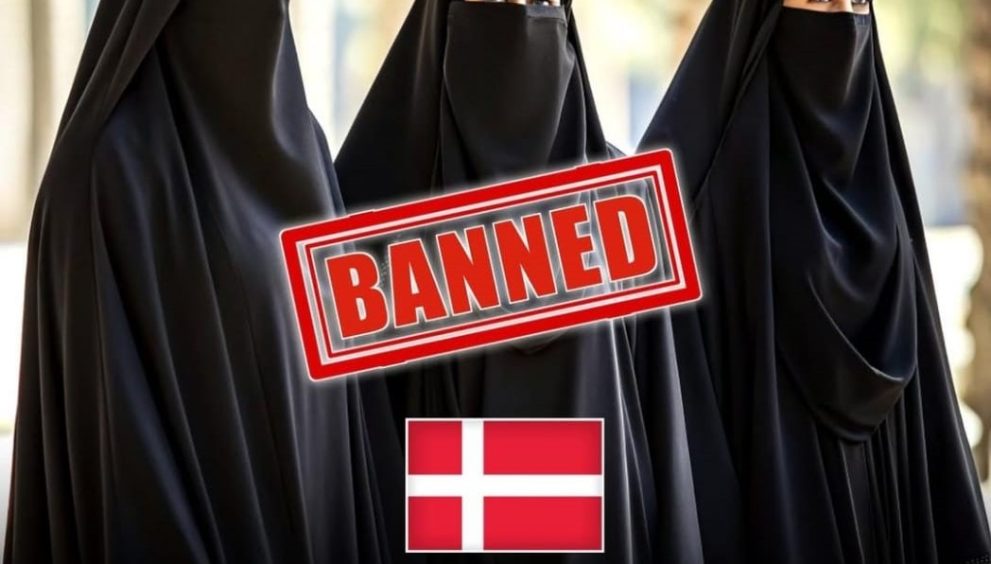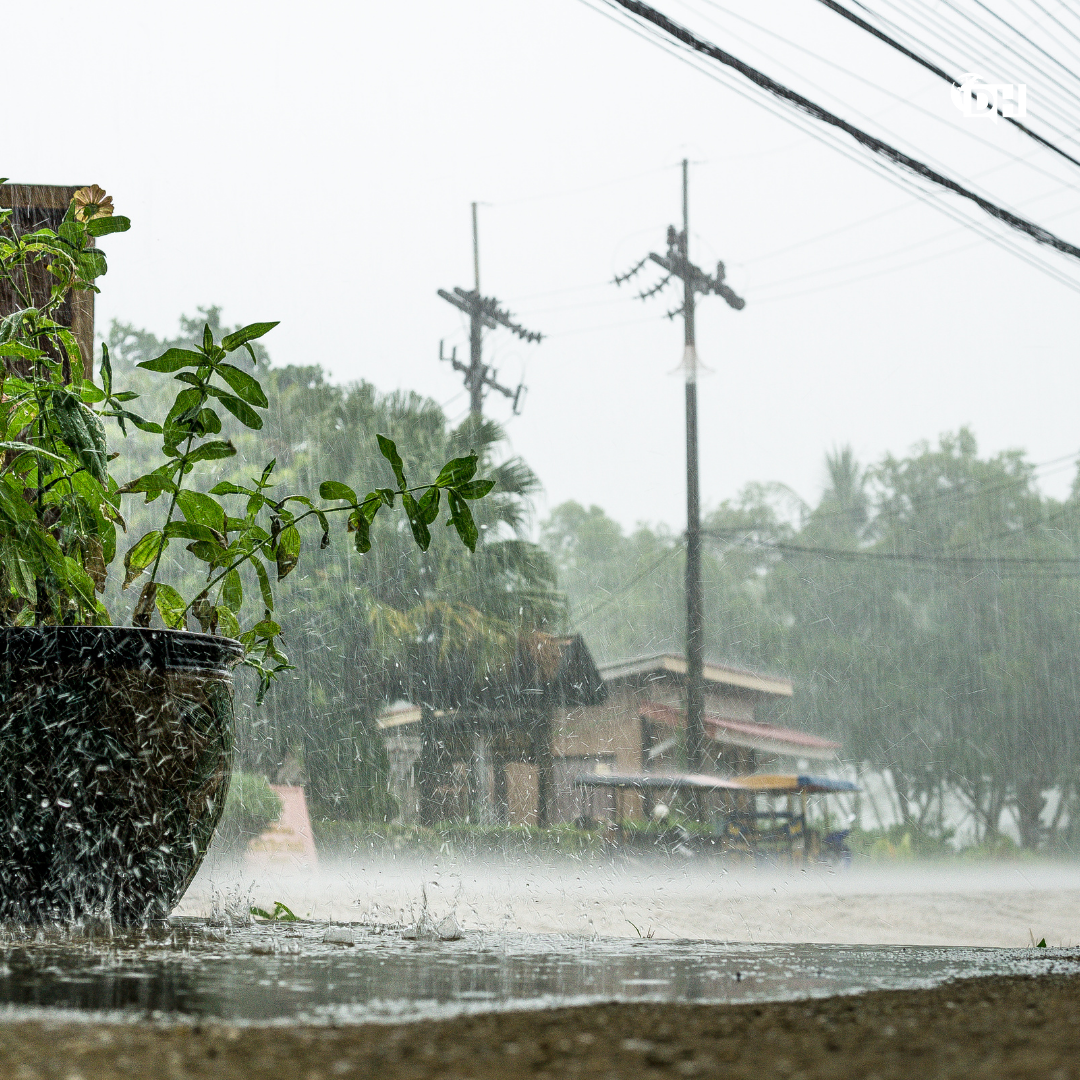Denmark has declared its intention to expand its prohibition on the niqab to all colleges and institutions, a move that has sparked new debate around Europe. The proposal, which was unveiled by Danish Prime Minister Mette Frederiksen on Thursday, would forbid full-face veils in schools, particularly the niqab, which only covers the eyes. Additionally, the government is opposing the existence of prayer rooms in these settings, arguing that they are tools of social control and perhaps oppression.
This policy shift builds upon the existing Danish law that bans face coverings in public spaces, which came into effect in August 2018. The current law imposes fines on individuals who wear clothing that conceals the face, such as the niqab or burqa. Now, the government is determined to take this further by targeting schools and universities.
Frederiksen told the Danish news agency Ritzau, “God has to give way.” “While people are free to practice and believe in their religion, democracy comes first.” Civil rights organizations and religious communities have immediately reacted negatively to her comments, arguing that the proposed rules violate religious freedom and unfairly single out Muslim women.
According to the Prime Minister, “Muslim social control” is prevalent in Danish educational institutions and leads to the oppression of women, a problem she believes must be tackled through new legislation. She stressed that prayer rooms in schools have become “mechanisms of oppression,” allegedly used to enforce gender segregation and religious pressure on students.
Education Ministers Mattias Tesfaye and Christina Egelund have been tasked with developing and enforcing this new policy direction. While the government does not plan to introduce a formal legal ban on prayer rooms, Frederiksen has requested that universities be clearly instructed not to allow them. Instead, the administration seeks a “collective solution” to ensure schools reflect democratic values over religious symbolism.
This announcement comes at a time when global discussions around the niqab, secularism, and individual rights continue to polarize societies. Critics of the ban argue that wearing the niqab is a matter of personal choice and religious identity, not coercion. Many believe that banning it infringes on women’s autonomy rather than protecting them from so-called oppression.
“It’s an attack on religious freedom,” said Sara Ahmad, a Danish law student who wears the niqab. “My decision to cover my face is mine alone. This policy implies that Muslim women are incapable of making free choices.”
Supporters of the government, however, argue that the ban ensures better integration, gender equality, and a neutral learning environment. They assert that schools should be free of religious influence and focused purely on academic development.
Important problems concerning where countries draw the boundary between individual freedoms and collective democratic values are brought up by Denmark’s most recent proposal. The niqab is more than just a piece of apparel for Muslim communities; it is a representation of their identity and religious devotion. Thus, the prohibition has important ramifications for gender politics, multiculturalism, and government interference in private decisions.
As similar debates unfold in countries like France, Belgium, and the Netherlands, Denmark now finds itself under international scrutiny once again. The balancing act between promoting secularism and respecting religious freedom continues to challenge even the most progressive democracies.
With the proposed extension of the niqab ban into schools and universities, Denmark is treading a path that could redefine its approach to secularism and minority rights. Whether framed as a defense of democracy or criticized as state overreach, this decision is certain to shape the national dialogue in the coming months, and likely beyond its borders.







